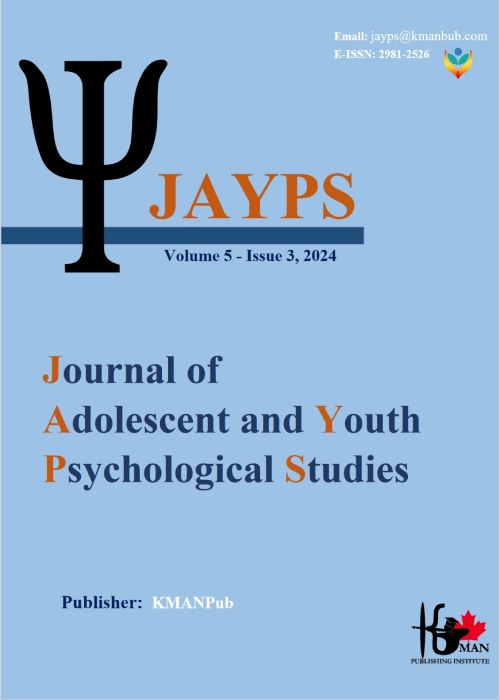Determining and ranking the components of the qualitative model of educational support in Iran's secondary education system
The impact of teaching methods on educational quality has been proven in many research studies. The purpose of this research was to determine and rank the components of a quality educational scaffolding model in the Iranian secondary education system.
The research method was qualitative-quantitative. The qualitative section's population included experts and specialists in the fields of learning-teaching, teaching methods, and educational scaffolding, as well as related written documents including articles, scientific research, and relevant authored books. The priority-setting section included top and middle managers from education department deputy offices. In the qualitative part, deep interviews were conducted with 13 experts using snowball sampling until theoretical saturation was reached, and 18 documents (texts) were examined using a purposive method. In the priority-setting part, 35 individuals were selected through purposive sampling and responded to a matrix questionnaire. The validity and reliability in the qualitative phase were ensured through necessary reviews including acceptability (expert review) and confirmability (re-review by experts), and in the priority-setting phase, the content of the matrix questionnaire was verified for understandability and clarity by five academic and organizational experts, and reliability was calculated with inconsistency rates between 0.01 to 0.06. Qualitative data were analyzed through theoretical coding, and priority-setting data were analyzed using the Analytic Hierarchy Process (AHP) technique in Expert Choice software.
The results of the qualitative part indicated that the quality educational scaffolding model in the Iranian secondary education system consists of 10 categories (development of human and non-human resources, improvement and development of the educational system, teaching-learning methods, culture building and communications, supportive laws and behaviors, performance monitoring, strategies based on cognition and metacognition, motivation-based strategies, mental development, and scientific advancement), 21 subcategories (human resource development, student empowerment, development of hardware and software facilities, participatory and interactive teaching, task simplification, virtual learning, teaching based on scientific theories, culture building among parents and teachers, effective communication, supportive behaviors, internal and external organizational strategies and guidelines, mental and academic engagement, continuous assessment, metacognitive strategies, cognitive strategies, cognitive and metacognitive strategies, motivational strategies, psychological well-being, actualization of potential talents, improvement of learning process and academic progress), and 134 indicators which were categorized under causal, contextual, interventional, strategies, and outcomes in the research's paradigmatic model.
The results of the priority-setting part also indicated the greater importance of "outcomes" and the component of "academic progress".
- حق عضویت دریافتی صرف حمایت از نشریات عضو و نگهداری، تکمیل و توسعه مگیران میشود.
- پرداخت حق اشتراک و دانلود مقالات اجازه بازنشر آن در سایر رسانههای چاپی و دیجیتال را به کاربر نمیدهد.



